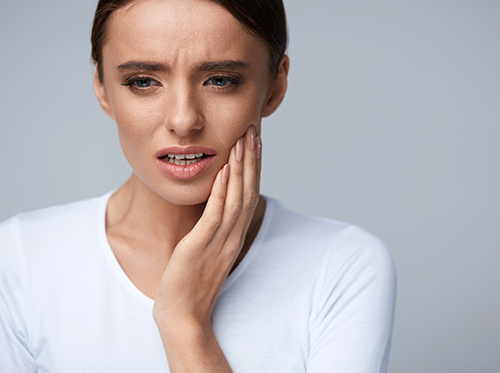There are many reasons why a tooth extraction procedure is needed. Most of the time, it is performed by the dentist to get rid of the impacted tooth from the patient’s mouth. Tooth removal is also necessary before mending the overcrowded teeth with an orthodontic device. Besides, the dentist might necessitate a person to undergo a tooth extraction as a solution for severe tooth decay and infection.

What are things to expect?
It is normal for people to think negatively about tooth extraction. They may find it easy to believe in the misconceptions surrounding the procedure. Nonetheless, there are also those that are convinced that having a tooth extracted is not at all painful because of the different sedation options that are available today. Here at All Smiles Bethesda, patients can choose between local anesthesia and laughing gas. These two options are both effective in making people feel calm while receiving any dental procedures.
What to expect during the procedure
There are two types of teeth extractions: simple and surgical. For the first procedure, the dentist will administer local anesthesia on the area to be treated for numbing. Using an elevator, which is a special dental instrument, the patient’s tooth will be loosened. Once ready for removal, the dentist will then use another tool called forceps. A surgical tooth extraction, on the other hand, is more complicated. It may need the help of both local anesthesia and sedative to ensure that no amount of pain or discomfort will get in the way. The dentist will create an incision into the gums first or cut the tooth before extracting it.
What to expect after the procedure
Most tooth extraction procedures are successful. However, it is still possible for a person to experience discomfort during recovery. Dry socket, bleeding, chest pain, swelling, and redness of the extraction site are some of the potential risks of teeth extractions. The key is to follow the right post-treatment care. Below are the things that every patient should follow:
- Refrain from smoking
- Apply a cold compress against the swollen areas
- Keep a good oral hygiene
- Switch to a soft diet
- Do not sip with a straw
- Call the dentist when bleeding persists
